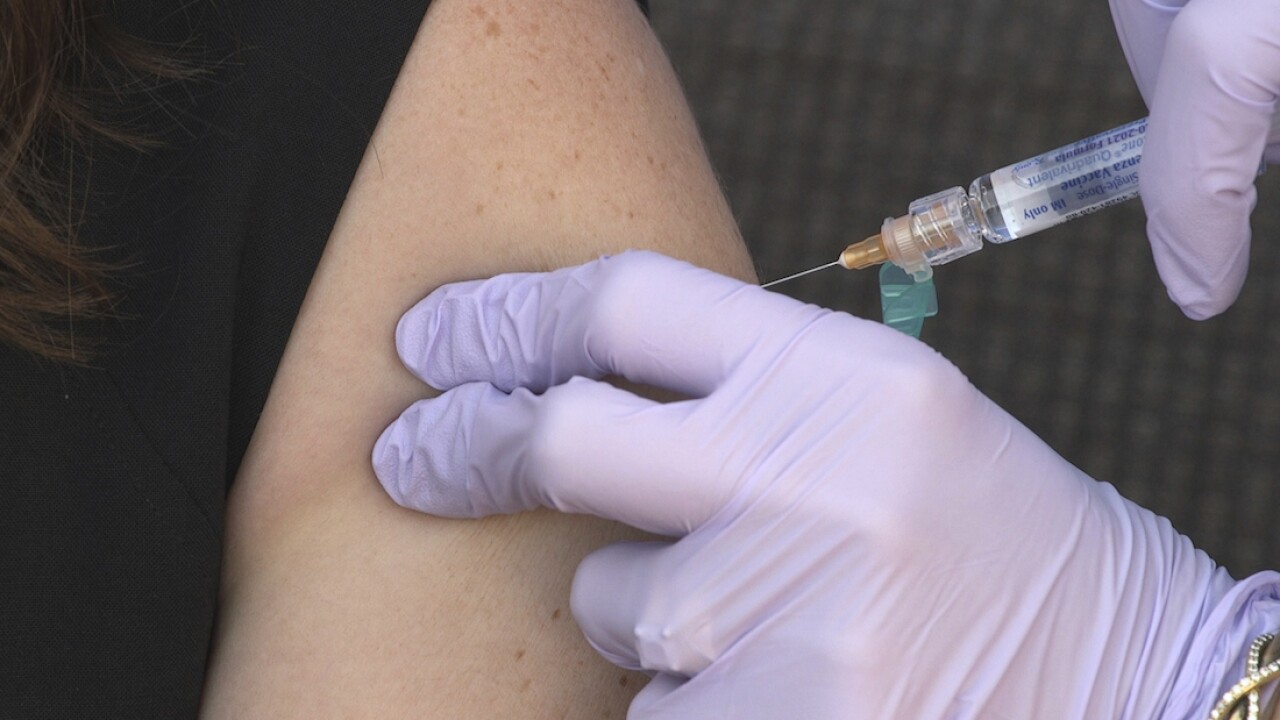NASHVILLE, Tenn. (WTVF) — As COVID-19 variants continue to spread, there's hope on the horizon about a so-called "universal COVID vaccine" being developed.
Currently, researchers believe the Pfizer and Moderna vaccines are effective against current variants, but there's a worry that the virus may mutate enough to where that's not the case. That's why the Pentagon is working on a vaccine that could be effective against COVID in any form.
"That’s a tricky scientific challenge and that’s what the Department of Defense vaccine is trying to do," said Dr. William Schaffner, an infectious disease expert at Vanderbilt University Medical Center.
A team at Walter Reed Army Institute of Research said they've developed a vaccine that mimics a portion of the COVID virus that would remain consistent no matter how the virus mutates.
"What the scientists look for is parts of the virus that no matter which variant is out there, are what we call “conserved.” In other words, it’s the parts of the virus that are pretty much the same in each of the variants," said Schaffner.
Schaffner said so far, the data looks promising in the laboratory, but next come the human trials.
"And of course, it’s a great leap from the laboratory bench into human beings," he said.
If successful, the vaccine could also protect from other SARS related illnesses, and maybe one day, a similar approach could be taken against influenza. "People have been trying to develop a universal influenza vaccine for years. Same concept. Try to protect against that part of the virus no matter which influenza virus shows up," said Dr. Schaffner.
Beyond being a scientific breakthrough, Dr. Schaffner is invested in this project because the lead scientist, Dr. Kayvon Modjarrad did his residency right here in Nashville. "He was a trainee in infectious diseases at Vanderbilt," he said.
The universal COVID vaccine would have to go through several more rounds of human trials before the FDA could consider emergency authorization.





